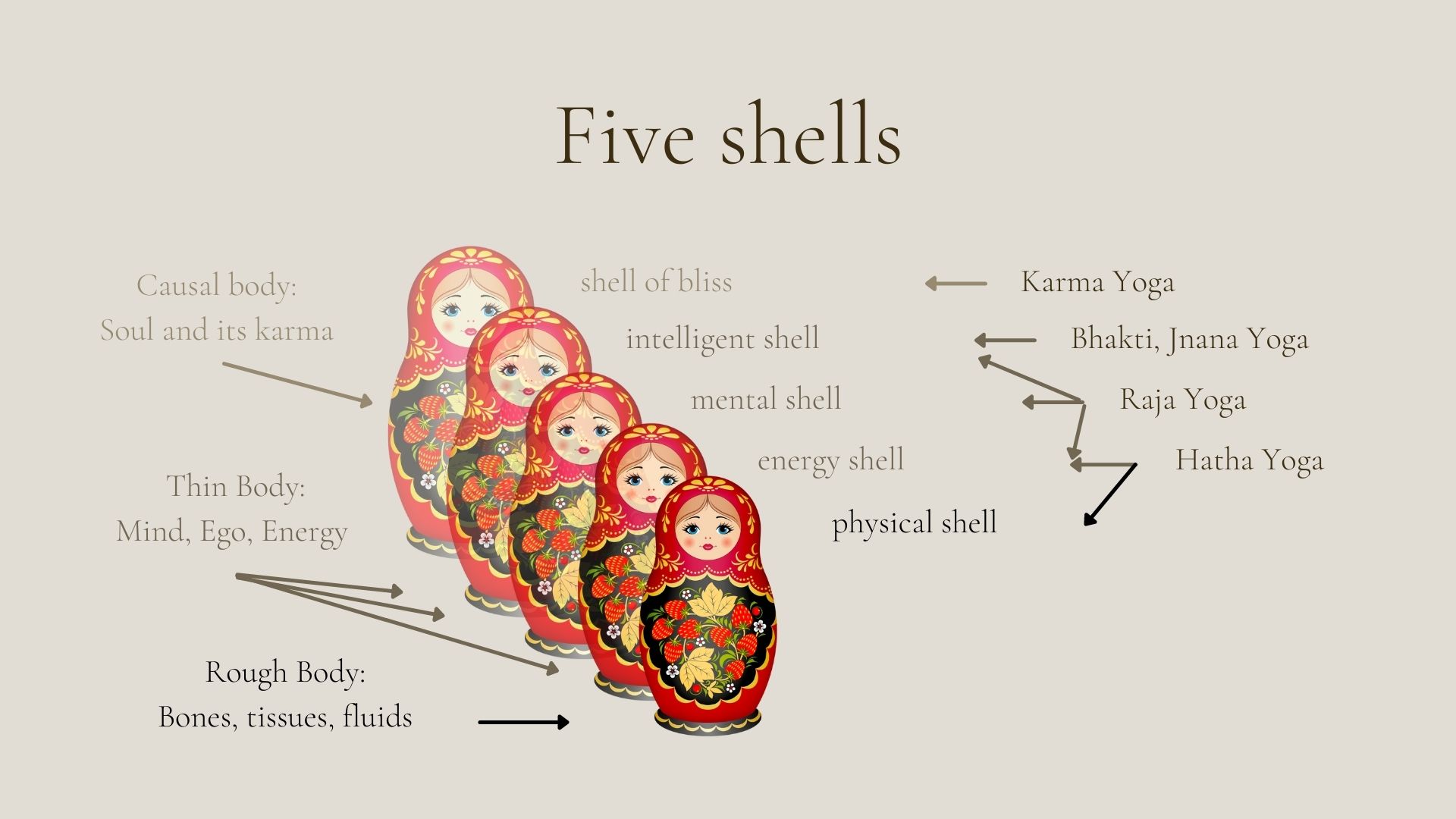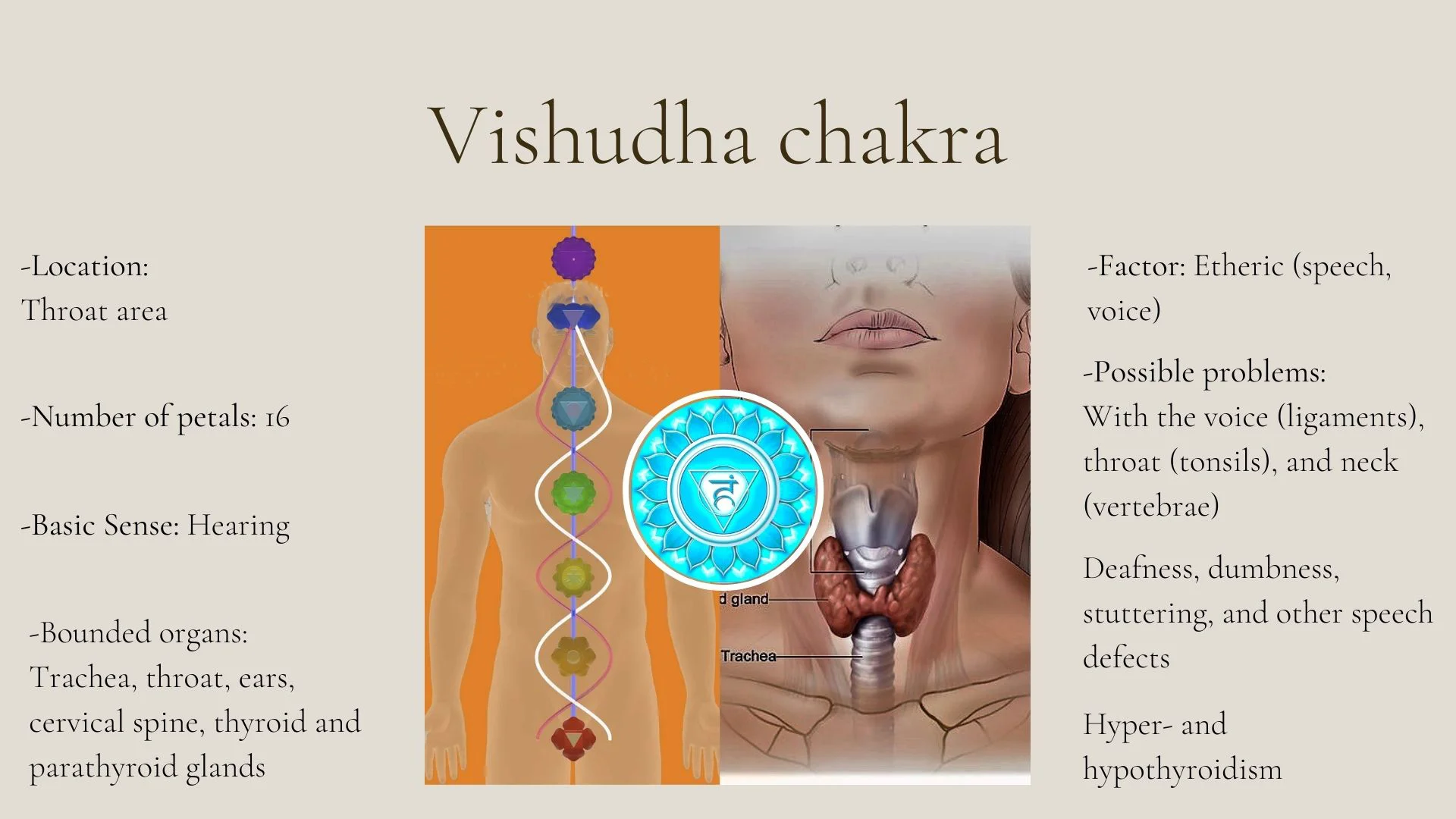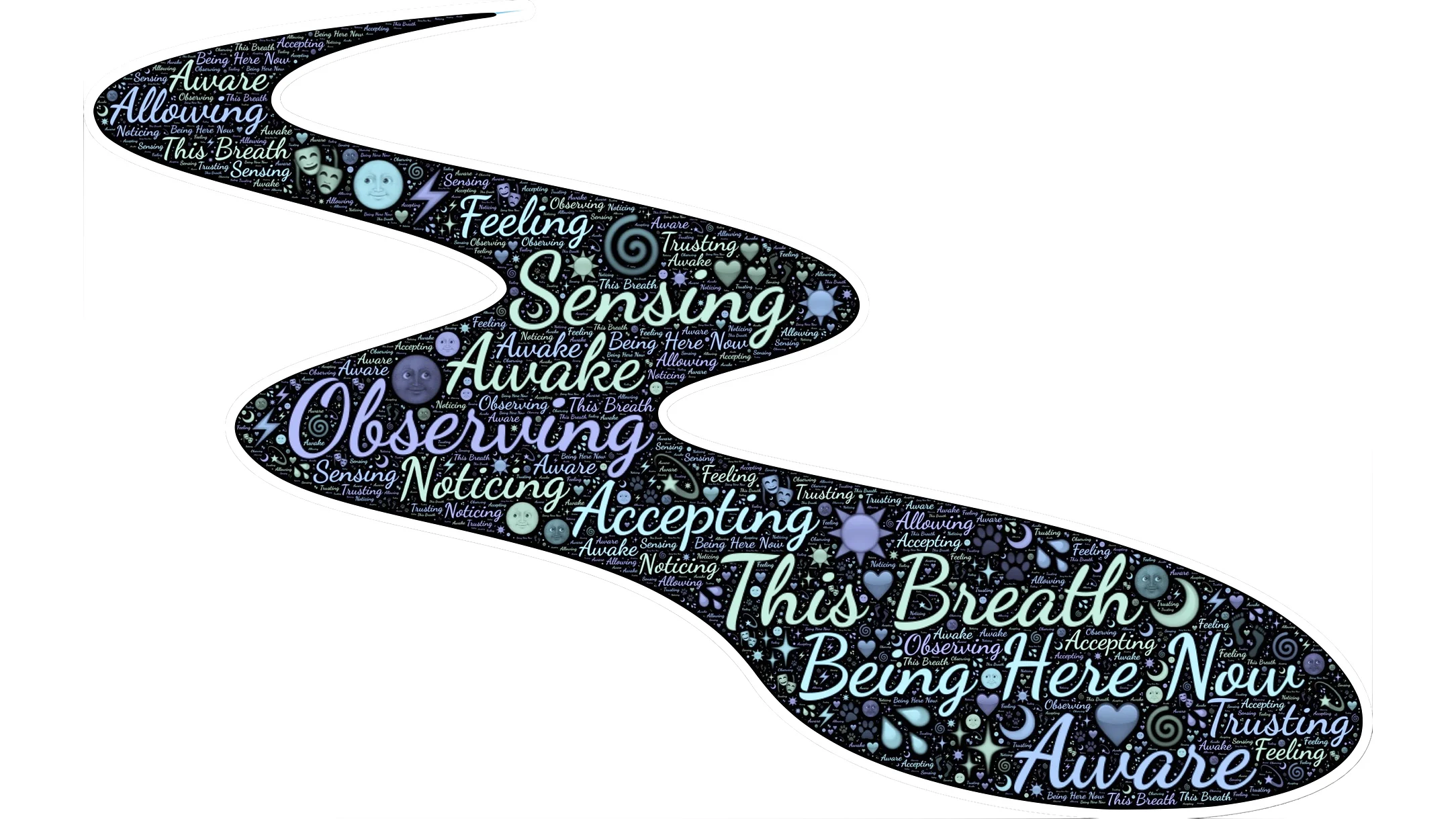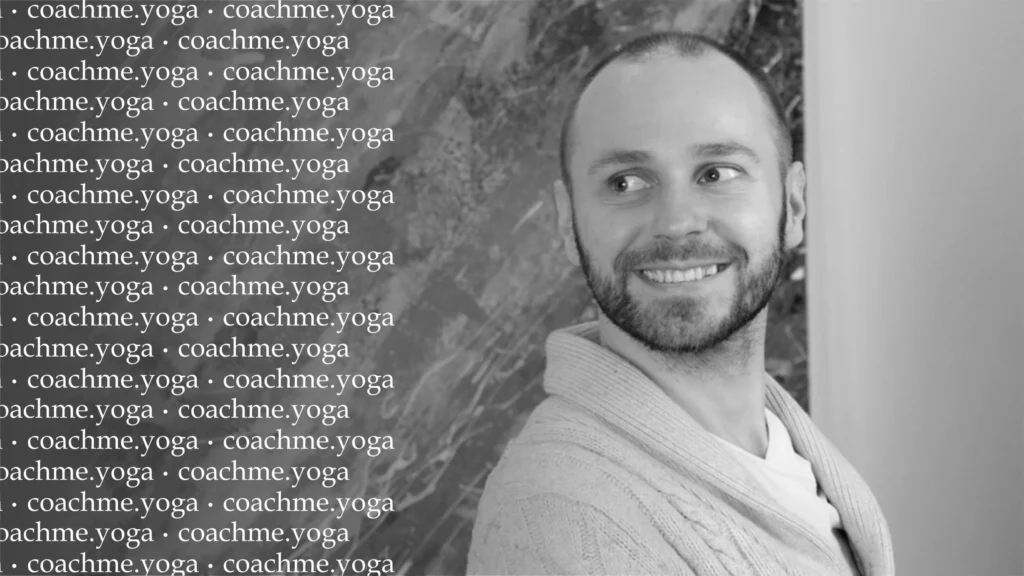The extent of karmic responsibility for profanity

As I said before, today we have a total liberalism concerning the expression of our thoughts in public. If you don’t care about the reactions of others, then you are free to put whatever you want online. Whether that’s good or bad is a complicated question. On the one hand, closing your mouth and sweeping alternative opinions under the rug doesn’t solve the problems of the day, but only on the contrary, makes them worse. On the other hand, the uncontrolled “dumping” of information garbage on the Web, first, disrupts the comfortable use of the Internet and, second, can be misleading or even really harmful. And often all of this fits within the confines of the law.
However, this article is not at all about how toxic statements affect others, but rather about how those statements affect the author himself.
As it happens, a people usually live for the present and generally do not think about distant perspectives, especially those that they personally cannot “touch” with their own hands. Any “spatial” moral postulates are not perceived by everyone, because it is difficult for a materially formed mind to understand why they are needed at all. However, it is necessary to keep in mind that these very “moral teachings” did not emerge from nothing, but were formulated by practitioners (practitioners, not theorists or preachers) who reached incredible heights in their development. These people, with the help of special techniques, reached with their minds to the ocean of the universe, feeling and understanding some principles of its existence. Their revelations were recorded in the primary sources of many modern religions.

Yoga and Vedic culture, in their turn, are interesting to us because here the mechanism of these very “spatial morals” is explained in detail. So, today I would like to dwell on profanity, because it is very topical at the moment.
From the yogic point of view, a person is not only made up of a physical body, but he also has four other shells. On top of the physical body is the energy shell, then the mental shell, the intellectual/ astral shell, and the bliss shell (the causal body, where the soul resides). The energy shell connects the mental impulses of the mental body with the physical avatar. The brain impulses get a response in the energy shell, which, in turn, affects the operation of the various systems of the physical body. This is how we can move around in three-dimensional space and interact with each other.
The energy shell consists of energy channels and centers of intersection of these channels, which are called “chakras”. The main chakras are located along the spine, and each of them has both physiological and mental effects on a person. On the physiological level, each chakra influences the work of various internal organs, and on the mental level, it influences the tendencies of the mind.

The fifth chakra, Vishudha, is responsible for our speech. Depending on how this chakra works, a person has one or another ability to express himself (though not only that).
When a person lies, gossips, uses obscene language, or otherwise damages society with his speech (whether verbally or in writing), distortions appear in his Vishudha chakra. That is, the harmony of its work is disturbed, and the energy cannot move there normally. Because of that, first, the work of physical organs is disturbed, for which the Vishudha chakra is responsible, such as trachea, throat, ears, cervical spine, thyroid and parathyroid glands. Any problems related to these organs have a definite connection with the fifth chakra. If you or your loved ones have such ailments, think about how you use your speech.
Secondly, the functionality of the speech apparatus itself is also impaired. Such impairments can be observed very soon or, on the contrary, can be beyond the sight of the average person, i.e. in his or her next life. This is why it happens that a person can already have speech problems from childhood (including speech quality (weak explanation), speech defects, complete dumbness). All these problems are the result of past deeds, but in no way an accident or injustice of higher powers.
Third, on the karmic level, a person will definitely receive everything that he himself has become a consequence of. That is, in the future, no matter how successful he may be, he will certainly be deceived, insulted, fall into all sorts of intrigues, gossip, and that is not even all. When a person hurts someone with his speech, not only the mentioned subject suffers, but also all the people connected with him (for example, relatives). This means that in the future you will have to endure not only for yourself, but also for the people close to you (for example, your children). All the suffering that you have inflicted on someone with your speech, being even under the influence of “righteous anger”, you will certainly have to experience it yourself.

“As out of a thousand cows a calf finds its mother, so the accomplished deed (karma accomplished) follows the one who has done it” Panchatantra.
Understanding the logic of this mechanism, spiritual teachers of the past and the present have strongly discouraged profanity or any other way of harming others with one’s speech. I hope that this information will help the reader to better understand the logic of another “moral teaching. Even if you are overwhelmed with emotion, and you cannot cope with it in any way, do not allow your speech apparatus to harm anyone, because in the end it is you who will suffer. Find a better way to work with your mind, which pushes you to destructive actions. It’s a lot easier now than it used to be. As a yoga teacher, I can only recommend yoga tools that are familiar to me. Yoga can not only help you through the storm of emotions, but it can make your Vishudha chakra work so that you physically can’t say bad things anymore. Yes, yes, that’s right. When you are at a certain level of spiritual development (i.e. state of energy, due to the work of the chakras), a person is not capable of doing bad things – it would be outside of his nature.






Responses